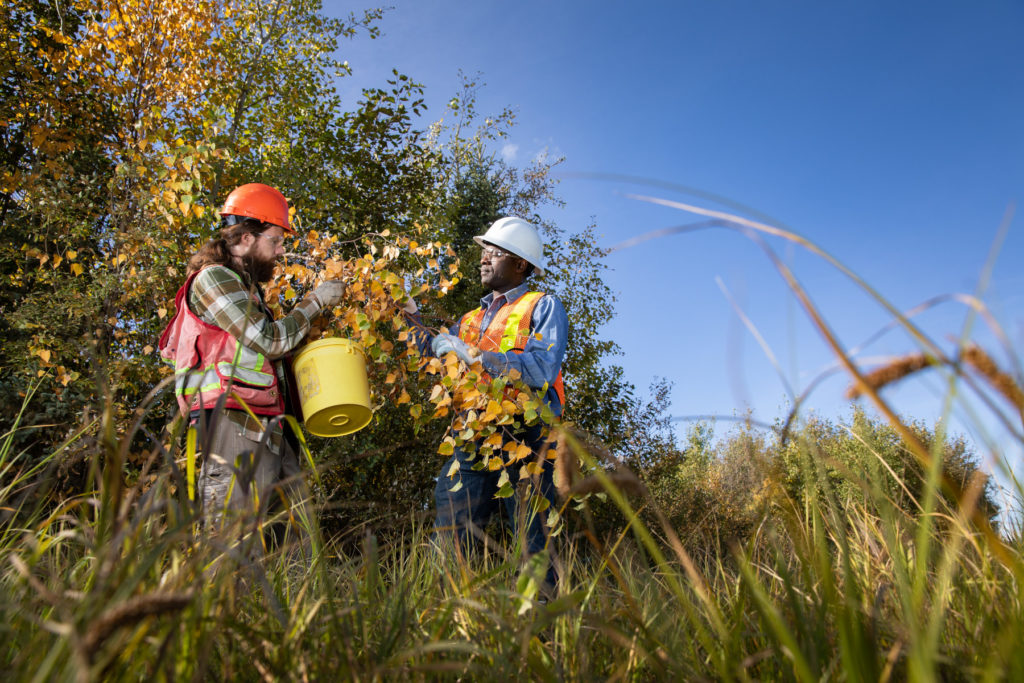Forestry skills through immersive education for rural and remote communities
There are labour shortages in forestry management in Canada’s north, which are exacerbated by a lack of innovative and engaging training methods and capacity to teach reforestation skills to interested individuals in remote Indigenous communities.

To help meet the need for this training, and to make it accessible and more engaging in digital form, the Northern Alberta Institute of Technology (NAIT) created two courses that featured immersive 360° photos and video, and a toolkit for instructors without in-depth technical knowledge on how to develop immersive curriculum content.
This project aimed to support northern, rural, and Indigenous communities in Alberta in their efforts to develop economic resilience and empowerment.
The immersive course content and toolkit have been created and beta-tested with a small group of Indigenous practitioners, who were enthusiastic about seeing more.
NAIT plans to pilot the courses it created during the summer of 2023 and use the toolkit to develop more courses with immersive content with the aim of offering a certificate program in reforestation.
The project was not able to fully realize its goal but many procedural lessons were learned including scoping realistic timelines for complex projects with seasonal constraints, and improving uptake of technological innovation by ensuring compatibility with existing systems.




